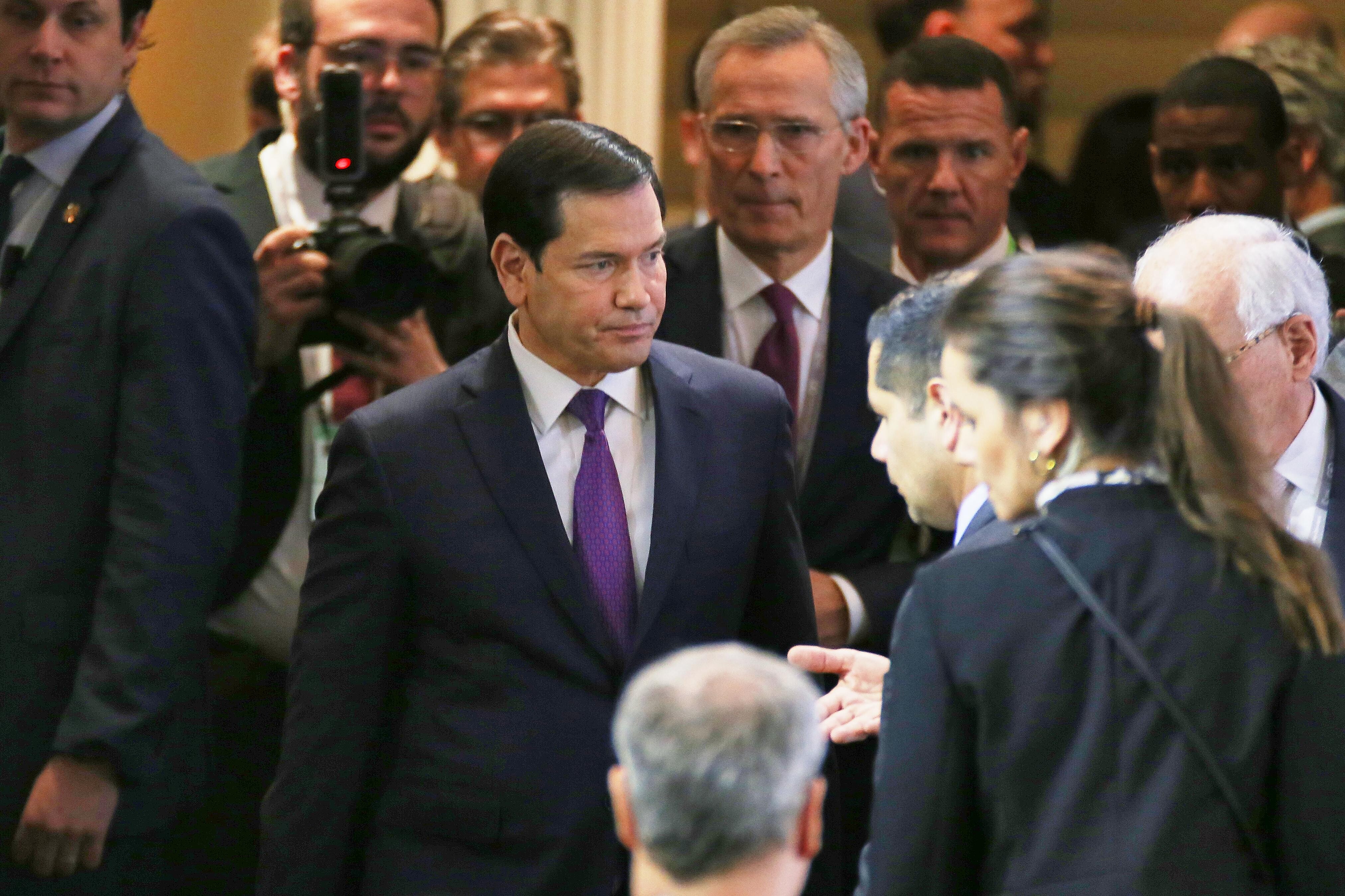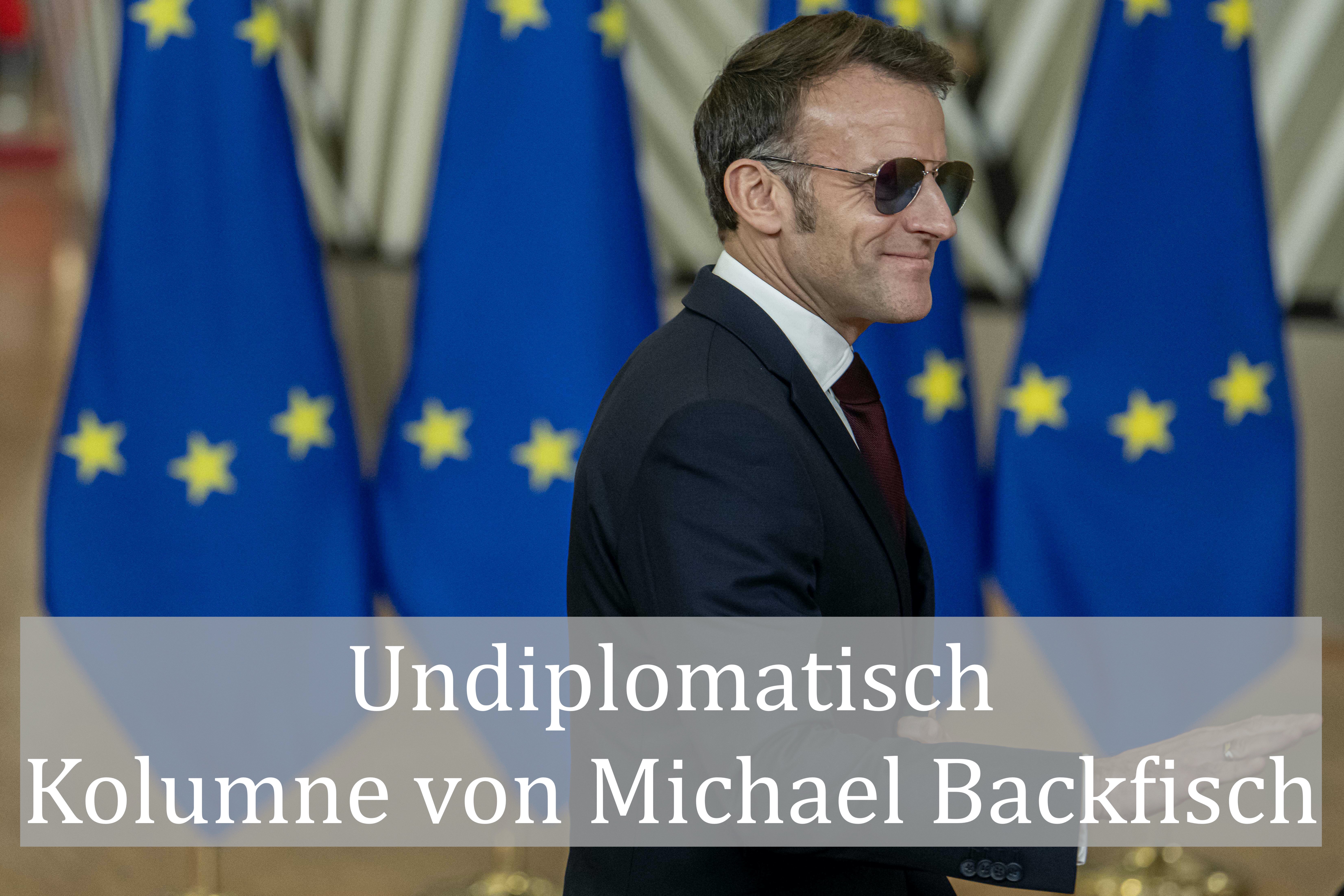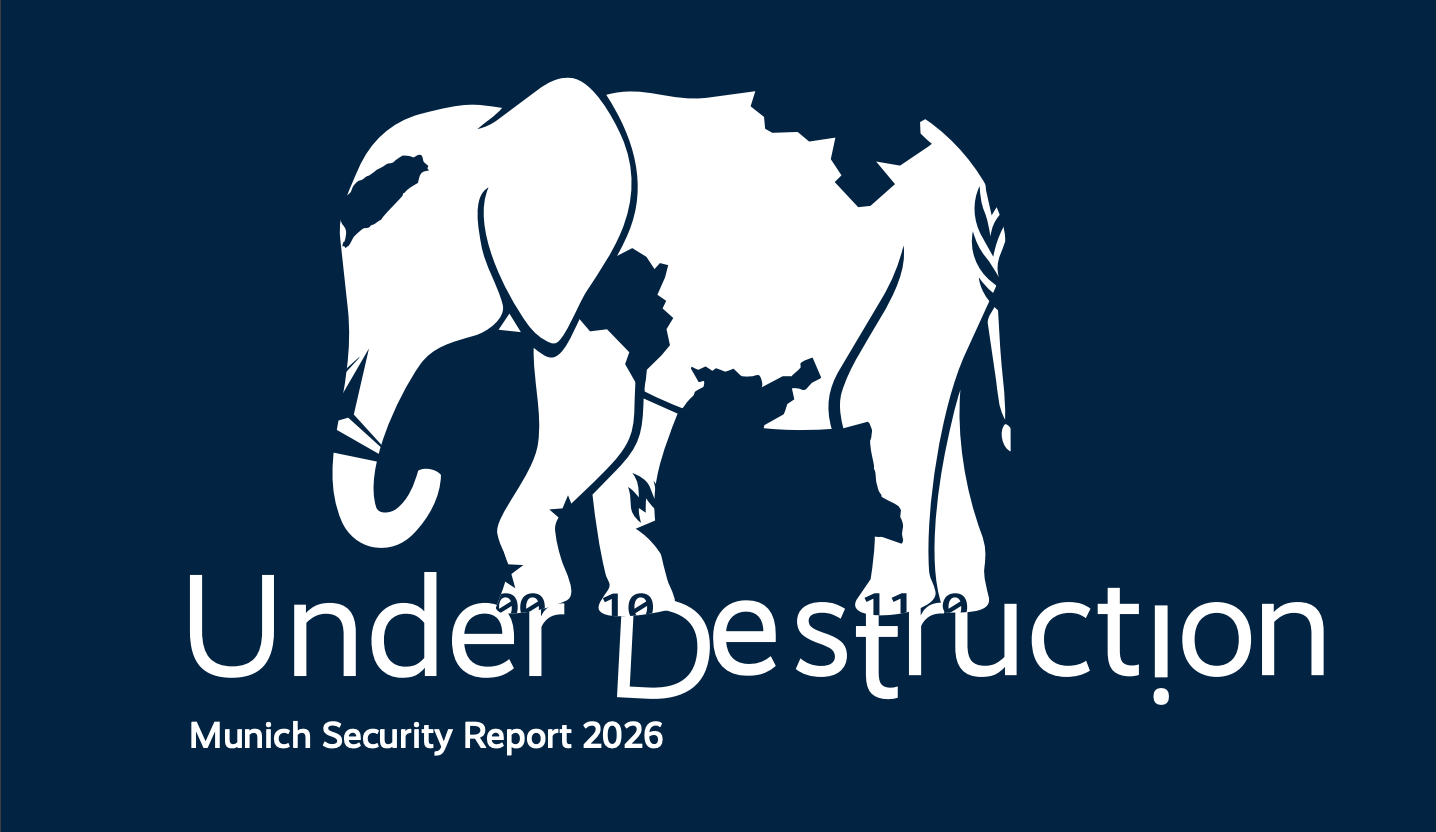diplo.news
Beware of “regime change”!
Column by Michael Backfisch, Berlin

The now open war between Israel and Iran, is a military operation with an uncertain end. Both sides are trapped in an escalation spiral. They define their maximum goals based on deceptive assumptions. Israel's Prime Minister Benjamin Netanyahu justified his offensive by the fact that the mullah regime was on the verge of building a nuclear bomb, which would have exposed his country to the threat of a “nuclear Holocaust.” He did not provide any evidence. The fact that Netanyahu struck now, of all times, is due to several factors that favour his plan.
Firstly, Tehran's regional political position is weaker than it has been since the end of the Iraq-Iran war in 1988. Iran's allies Hamas and Hezbollah have been severely decimated. Following the escape of ruler Bashar al-Assad, Syria is no longer an advanced base of operations. Second: Israeli fighter jets had already switched off large parts of Iran's air defense in October 2024. Third: With US President Donald Trump, Netanyahu has the backing of the military superpower America.
Whether Israel's attack was absolutely necessary at that time is debatable. “We had no evidence of a systematic threat of moving towards a nuclear bomb,” said Rafael Grossi, head of the International Atomic Energy Agency (IAEA), on US broadcaster CNN on Tuesday. American intelligence coordinator Tulsi Gabbard stated in the US Senate Intelligence Committee at the end of March that, according to her intelligence agencies, Iran is currently not building a nuclear bomb. Trump wiped this assessment off the table in good-humour fashion: ‘I don't care what she said,’ he blustered to journalists. He himself thought that Iran was ‘very close’ to having a nuclear weapon. Conclusion. That's it. That's it!
Even though Iran could build around ten nuclear bombs in a relatively short period of time with its fissile material, it still lacks the necessary nuclear warheads and missile carrier technology. According to Western experts, Tehran needs at least another year to do so. In addition, the nuclear negotiations between the USA and Iran had not yet been exhausted. Netanyahu desperately wanted war — and he wanted it now.
Nevertheless, it remains to be noted: Iran has completely miscalculated tactically and strategically. Tehran has almost provoked Israel's military strike through political stupidity. According to the IAEA, the country doubled its stockpile of 60 per cent enriched uranium between February and May 2025 to over 400 kilograms. Nuclear weapons require an enrichment level of 90 degrees, which is possible with little technical effort. In addition, Iran has demonstratively announced the construction of a third uranium enrichment plant. All of this casts a shadow of doubt on the mullahs' mantra that they are only working on a civilian nuclear programme. Tehran should have known that this would set alarm bells ringing in Israel.
Iran has criminally ignored the fact that since the gruesome massacre by Hamas on October 7, 2023, Israel has a heightened sense of the threat to the Jewish state and a new mode of vigilance. Tehran's biggest strategic mistake, however, is its obsessive persistence in destroying Israel. Tehran has failed to develop a vision of peaceful coexistence.
Nonetheless, Netanyahu must be careful not to overburden. He is driven by the naive idea that his army's attacks will lead to the collapse of the Iranian regime. He did not even rule out the targeted killing of Supreme Leader Ali Khamenei — just as Trump did recently. But Netanyahu and Trump's calls for the 15 million inhabitants of Tehran to vacate the metropolis in the face of impending bombings are certainly not getting approval from the Iranian population. More importantly, all efforts by the West for “regime change” have failed resoundingly in recent decades.
In 2003, US President George W. Bush had the illusion that, following the fall of Saddam Hussein in Iraq, a wave of democratization would sweep across the Middle East. Instead, the country sank into anarchy — a breeding ground for the rise of the terrorist militia “Islamic State” (IS). Europeans and Americans suffered a similar delusion when they bombed Libya in 2011. After the death of long-term ruler Muammar al-Gaddafi, hostile groups and clans took command, and the country became the plaything of external players such as Russia or Turkey. Following the terrorist attacks of September 11, 2001, a US-led coalition initially drove the Taliban out of Afghanistan. But the successor governments supported by the West proved to be incompetent and corrupt. Since August 2021, the radical Islamists have been back in power.
To avoid a worst-case scenario, Trump would have to make a last-minute offer to Iran: The country should be allowed a low-threshold civilian nuclear program — possibly as part of an international consortium. At the same time, the construction of nuclear weapons should be ruled out through watertight controls. If Tehran acts rationally in the face of the impending high-speed backdrop, a further escalation could be prevented at the last minute.
But it is also possible that the political leadership will react in panic mode: The uranium distributed in many places could be further enriched and the construction of an atomic bomb accelerated. Even the destruction of the Fordo nuclear facility, which is around 100 meters below the earth's surface, by bunker-busting bombs from the Americans would probably not change that. Iran would then have the goal of achieving a claim of inviolability based on the model of North Korea's nuclear power. The “regime change” option, on the other hand, presents high risks. The end result could be a Revolutionary Guard military dictatorship that acts even more brutally than the mullah regime — or a civil war.




